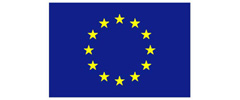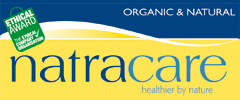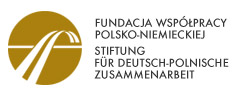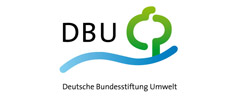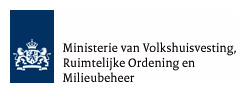Terra Preta Sanitation:the most human-made fertile soil from bio-waste, excreta and charcoal
New perspectives on sanitation at 1st International Terra Preta Sanitation Conference Organized by TUHH and WECF
06.09.2013 |Fedde Jorritsma

WECF partner Rostom Gamisionia presenting results of working with Ecosan and re-using its products in Georgia
The native Indians of the Amazon were practicing a very sustainable method of sanitation. What is left from their culture of around 500 years ago, are – besides beautiful ceramics – large areas of land which are fertile thanks to man-made fertile soil from bio-waste, human excreta and charcoal.
The method has recently been rediscovered by scientists. Hamburg University of Technology (TUHH) in partnership with WECF organized a conference at 28 until 31 August to bring and share knowledge on this particular subject together. Over 120 representatives of research and development programmes from 22 countries were present.
Mr. Haiko Pieplow from the German Federal Ministry of Environment and Prof. Ralf Otterpohl, head of the Institute for Wastewater Management and Water Protection at TUHH, opened the conference with an introduction regarding high- and low-tech solutions for sustainable sanitation. Prof. Otterpohl pointed out that the principles of Terra Preta are simple, but that thus far, conventional sanitation industries show little interest in this methodology. Fortunately the conference room was full of enthusiastic scientists and waste-water practitioners, interested in making this ancient technology accessible to everybody.
WECF have been working in the last 15 years on urine diverting dry or simply said ecosan toilets. Rostom Gamisonia (Georgia) and Anara Choitonbaeva (Kyrgyzstan) presented presented the astonishing results of their ecosan projects, in which more than 1000 households and 40 schools have adopted the ecosan technology and farmers are re-using its products as fertilizers and soil-improvers. Their projects show that UDDT's are suitable for rural areas, however urine diversion is still facing some barriers regarding re-use. Ms. Nadia Andreev from Moldova reported about her promising research results on the application of Terra preta made of ecosan products.
The process of Terra Preta production as potentially part of the sanitation chain, have been intensively discussed during the two-day conference. Terra Preta is based on a fermentation process where bacteria (similar to those lwe can find in “sauerkraut”) and the addition of charcoal or biochar. The conference presentations can soon be found on the website at: www.tps-ic.org.
We welcome you to try it out in your shed. Find a handy guide here:
http://www.ayumi-matsuzaka.com/all-my-cycle
Fedde Jorritsma
Sustainable Technology Facilitator for WECF
Related News
Presenting the Water and Sanitation Safety Planning Compendium and Results at the 24th SuSanA meeting in Stockholm
On the 26th of August the SuSanA meeting took place in Stockholm, where Claudia Wendland presented on water and sanitation safety planning
09.10.2017
Implementing SDG 5, 6 and 7 in Rural Uganda
Examples for gender-sensitive and sustainable WASH and energy systems and its implementation
12.07.2016
WECF partners ASDPNau and CAAW's school stories are highlighted in the new SuSanA publication
Ecosan toilets in Tajikistan and Kyrgyzstan demonstrate that ecosan technology works well in Muslim regions while at the same time ecosan products ensure food security
07.10.2015
Terra Preta Sanitation handbook 1
Download the first edition of the Terra Preta handbook for free!
29.09.2015
WECF at the World Water Week 2014
World Water Week, hosted and organised by the Stockholm International Water Institute (SIWI), takes place every year in Stockholm, with over 3000 professionals participating.
02.09.2014 | Claudia Wendland



















